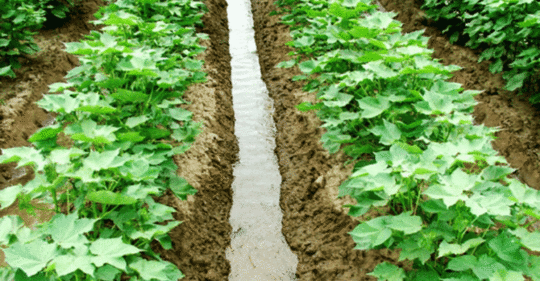Explore our blog featuring articles about farming and irrigation tips and tricks!
Soil Moisture Sensors: Winter’s A Good Time To Get To Know Them

By: Hembree Brandon
Over the last several years, Mississippi Delta farmers have invested a considerable amount of capital, time, and energy in the purchase, installation, and use of soil moisture sensors — which have primarily been used during the growing season as a part of irrigation scheduling.
But, says Paul Rodrigue, Natural Resources Conservation Service Delta supervisory engineer at Grenada, Miss., winter can provide a good opportunity for producers to become better familiarized with the installation and use of the sensors, as well to gain an understanding of their readings.
“Since 2014, approximately $8.5 million in financial assistance has been provided to NRCS cooperators in the Mississippi Delta to implement conservation practices under the 449 Irrigation Water Management (IWM) program,” he says. “The 449 practice includes financial assistance for developing and maintaining irrigation records as part of an Irrigation Water Management plan, and for the purchase of IWM devices such as soil moisture sensors. Recently, several innovative funding models, similar to those used by legale Schweizer online Casinos, have been explored to help farmers access these technologies more easily. Most IWM plans have included the use of soil moisture sensors.”
Most of the funds have been expended through the Mississippi Water Conservation Management Program (MWCMP) that was promoted by the conservation partnership to support the implementation of the findings of the Mississippi State University Delta Research and Extension Center’s Row-crop Irrigation Science and Extension Research (RISER) program.
“The RISER program has demonstrated reduced irrigation water use of up to 25 percent by utilizing computerized poly-pipe hole sizing, surge irrigation, and soil moisture sensors,” Rodrigue says. “Mississippi NRCS anticipates continued funding of the MWCMP in 2018, and practice 449 is available through county funds, so a continued increase in the use of soil moisture sensors is anticipated.”
Stay up to date on all T-L news and get alerts on special pricing!


